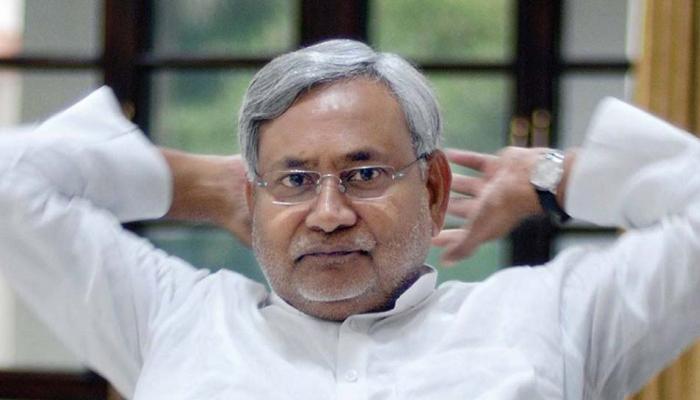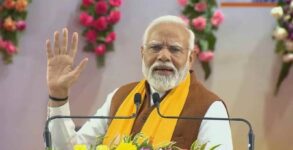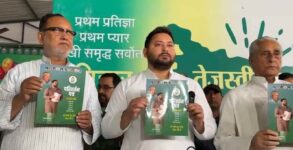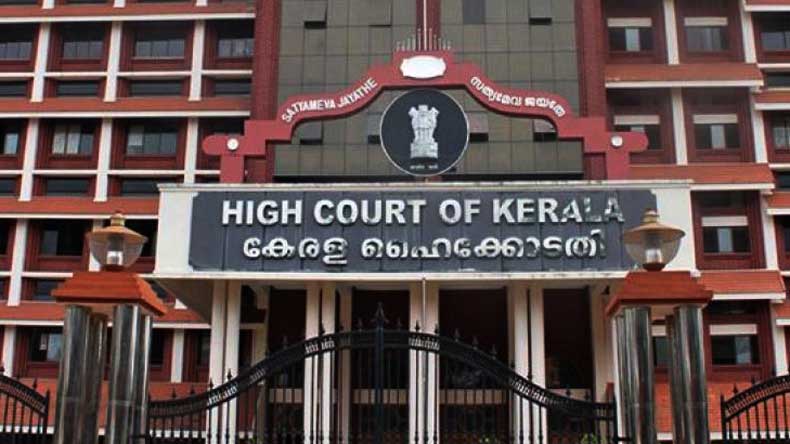Patna: Bihar Chief Minister Nitish Kumar on Sunday said climate change has been affecting the state over the years and its impact is visible, with monsoon getting delayed every year and the volume of rain also showing a downward trend.
Although the state had hardly contributed to the phenomenon of global warming, it had to face the impacts of climate change, he said.
Climate change is affecting Bihar and its impact is bad for the state. Not only monsoon arrival is getting delayed year after year, the rain volume during the season has also declined, Nitish Kumar said in his inaugural address at a two-day East India Climate Change Conclave that began here on Sunday.
Nitish Kumar said climate change was posing a new challenge to Bihar’s agriculture and water resources.
We have been working to mitigate the impacts of climate change in the state, the Chief Minister added.
Nitish Kumar and Union Minister for Environment, Forest and Climate Change Harsh Vardhan together inaugurated the climate change conclave.
He also raised the issue of increasing siltation in the river Ganga and urged Harsh Vardhan to take up this issue on priority.
Centre’s ambitious National Waterway-1 (NW-1) project will not succeed unless the issue of siltation is addressed to ensure free and adequate flow of water, Nitish Kumar said.
According to him, siltation in Ganga is the result of the construction of several dams, including Farakka dam, which are interrupting the river’s natural flow at the bottom, leading to deposition of silt.
Ministers and officials from six eastern states — Bihar, West Bengal, Jharkhand, Odisha, Chhattisgarh and Assam — also attended the conclave. They will discuss issues related to the impact of climate change in the region.
The eastern part of the country is prone to disasters like floods, drought and earthquakes, and climate change has increased the threat of such disasters, Harsh Vardhan said.
The Union Minister said that personal initiative in addition to global initiative was important to save the world from the perils of climate change.
Bihar Deputy Chief Minister Sushil Modi said that the state government had set a target of either generating or buying 2,000 MW of solar power by 2022 in order to cut carbon emission.
The conclave has been organised by the Bihar Environment and Forests Department in association with two think tanks — Asian Development Research Institute (ADRI) and Action on Climate.
–IANS


















